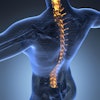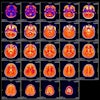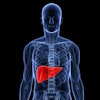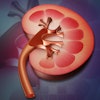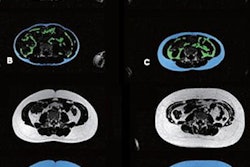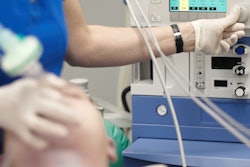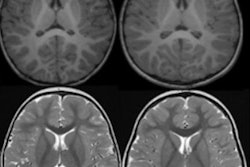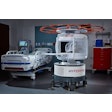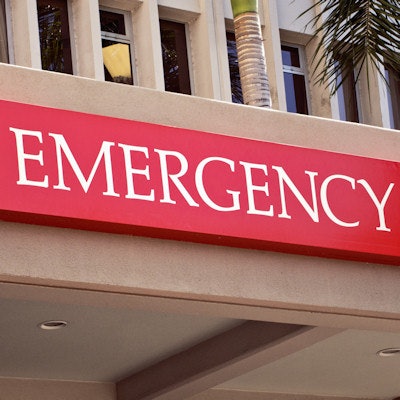
Brain features seen on MRI or MR spectroscopy (MRS) in children two weeks after cardiac arrest are associated with poor outcomes at one year after the event, according to research published June 30 in JAMA Network Open.
The results could help clinicians better care for these children after cardiac arrest, wrote a team led by Ericka Fink, MD, of the University of Pittsburgh Medical Center Children's Hospital.
"[Our] findings suggest that brain imaging using MRI or MRS during the first two weeks after pediatric cardiac arrest may aid in outcome assessment," the group wrote.
Children resuscitated from cardiac arrest have high morbidity and mortality rates, due in large part to cerebral hypoxic-ischemic injury, or lack of oxygen to the brain, the team noted. Although brain CT or MRI is recommended to assess these patients after they have been resuscitated, evidence as to their efficacy is lacking.
To address the knowledge gap, the investigators conducted a study that included 98 children between the ages of 48 hours and 17 years who were resuscitated from cardiac arrest and who underwent a brain MRI or MR spectroscopy within two weeks. Participant data were culled from intensive care units at 14 U.S. hospitals between May 2017 and August 2020; two pediatric neuroradiologists read the MRI exams and scored any brain lesions on a 0 to 3-point scale according to region and severity (with a score of 0 equal to not severe at all and 3 equal to severe). The readers then assigned an MRI injury score that consisted of the sum of T2-weighted and diffusion-weighted imaging lesion data in gray and white matter (maximum score, 34).
The study's primary outcomes were either death or survival with a Vineland Adaptive Behavior Scale (VABS) score of less than 70 at one year after cardiac arrest. The VABS tool measures cognitive disability in this way: 25 = profound; 25 to 39 = severe; 40 to 54 = moderate; 55 to 74 = mild; 75 to 84 = borderline; equal to or higher than 85 = average.
Of the 98 children, 66 underwent brain MRI and 32 underwent brain MR spectroscopy.
The investigators found the following:
- In the MRI group, 23 children (34.8%) had an unfavorable outcome, and in the MRS group, 12 children (37.5%) had an unfavorable outcome.
- MRI injury scores were higher among children with an unfavorable outcome (22) compared with those with a favorable outcome (1); these higher scores were associated with poor outcomes at one-year follow-up.
The study results show promise for better assessment of children who have been resuscitated from cardiac arrest, but more research is called for, the group noted.
"External validation is needed to confirm these findings for clinical implementation," the team concluded.


